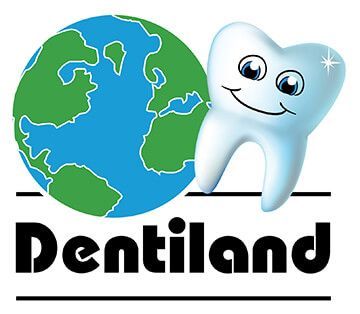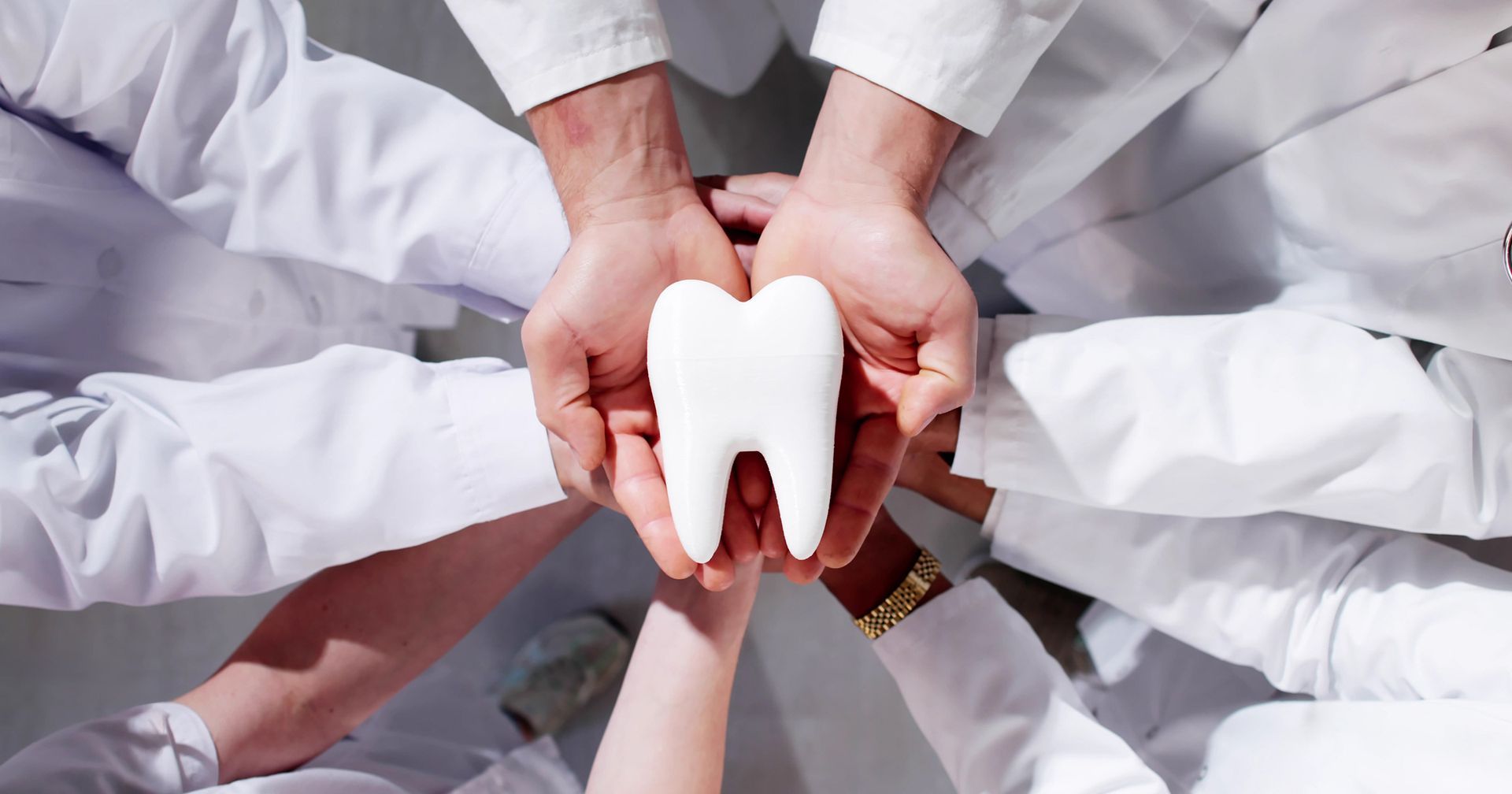Cavities in Between Teeth: What Happens if You Don't Get Treatment?
Some people get cavities in between teeth rather than on broader surfaces. If left untreated, these can cause damage. Here is what could happen.
According to the WHO, 2 billion adults suffer from caries of permanent teeth, plus 514 million children.
Cavities, also known as tooth decay, are all too common a problem today. They form in the small spaces between our teeth and can become a big problem if we don't deal with them quickly.
It's very important to understand why we shouldn't ignore cavities in between teeth and why getting dental care on time matters a lot.
That's why we've put together this informative guide. Here, we'll explain these dental concerns and outline the risks of untreated cavities.
Read on to learn more.
What Is a Cavity?
A cavity is a form of dental disease that occurs when the hard surface of your teeth is damaged, leading to the formation of tiny openings or holes. This process begins when food particles, especially those from sugary and starchy foods, cling to the teeth and are not thoroughly cleaned away.
Bacteria in the mouth thrive on these food particles, producing harmful acids in the process. Over time, these acids, along with saliva, food debris, and bacteria, combine to form dental plaque that clings to teeth. Plaque that is not removed can harden into tartar, further contributing to tooth decay.
If left untreated, these cavities can penetrate through the enamel and dentin, reaching the nerve center of the tooth (pulp) and causing discomfort, infection, and even tooth loss. Understanding what a cavity is and recognizing its early signs are crucial steps in preventing its progression and maintaining oral health.
Rapid Progression and Increased Sensitivity
Cavities have a way of getting worse fast if we don't pay attention to them. They start small but can go deeper into the tooth over time.
This can lead to a lot of discomfort, especially when eating or drinking things that are hot, cold, or sweet. Catching and treating a cavity early can stop this discomfort and prevent the cavity from causing more damage. It's much better to fix a small issue before it turns into a big problem.
That's where a dental professional comes in. They're equipped with the tools and knowledge to fix your cavity before it becomes a major issue. This saves you time, money, and pain in the long term, making it an obvious choice for those with dental concerns.
The Road to Tooth Loss
If cavities are not treated, they can seriously weaken your teeth. As the decay gets worse, the strength of the tooth is compromised.
The final consequence of untreated cavities is often tooth loss. The decay can undermine the structural integrity of the tooth to such an extent that it becomes loose and may fall out or require extraction. This not only affects your ability to chew and speak but can also lead to other dental problems, such as the shifting of remaining teeth and loss of jawbone density.
Moreover, treating advanced decay requires more complex and expensive dental procedures, such as:
These procedures can break the bank when compared to the relatively simple and less costly procedure of filling a small cavity. Thus, the importance of early detection and treatment cannot be overstressed. It prevents the escalation of decay and preserves the health and strength of your teeth, ensuring they remain functional and aesthetically pleasing for as long as possible.
Infection: A Door Best Kept Closed
A cavity is essentially a small hole in your tooth, but it can be a big problem because it allows bacteria to enter. These bacteria can then spread an infection to other parts of your body.
The mouth is home to hundreds of types of bacteria, many of which are beneficial. However, when harmful bacteria proliferate, they can cause oral infections. The most common bacteria involved in dental infections include:
1. Streptococcus Mutans
This is the primary bacterium responsible for dental caries. It metabolizes sugars and starches to produce acid that erodes tooth enamel, leading to cavities.
2. Porphyromonas Gingivalis
Often associated with periodontitis, a severe gum disease that can lead to tooth loss and other health complications if untreated. This bacterium is a key player in the development and progression of periodontal disease.
3. Actinomyces
These bacteria are often involved in root caries and can also contribute to periodontal diseases. They thrive in the absence of oxygen and can be part of the dental plaque biofilm that damages teeth and gums.
4. Prevotella Intermedia
This bacterium is also associated with periodontal diseases, especially in people with suppressed immune systems. It can contribute to the depth of periodontal pockets and the severity of gum infection.
5. Tannerella Forsythia
Another bacterium implicated in periodontal disease, this germ works in conjunction with other bacteria like Porphyromonas gingivalis to damage the soft tissues and bone supporting the teeth.
Treating a cavity early stops these bacteria in their tracks and keeps your body safe from infection.
Costly Consequences: The Financial Impact
Untreated cavities don't just affect your health; they also impact your finances. Fixing a small cavity and maintaining
good hygiene doesn't cost a lot, but if you wait too long, you might need more expensive treatments, like root canals or implants. Dealing with cavities early can help you save money in the long run.
Prevention: The Best Treatment
The most effective way to deal with cavities is to prevent them from happening in the first place. Brushing your teeth, flossing, and going for regular dental check-ups are essential. Good dental hygiene practices are key to preventing cavities, helping you maintain a healthy and bright smile.
Cavities in Between Teeth: Act Now
We hope you enjoyed this guide. To sum up, ignoring cavities can lead to serious problems, including discomfort, infection, tooth loss, and expensive dental bills. Taking care of your teeth by treating cavities early is crucial for both your oral and overall health. With this guide in hand, you're beginning a new journey toward better dental health.
Your smile is worth protecting. If you have concerns about cavities in between teeth or just need a regular check-up, don't hesitate to contact us here at Dentiland.













